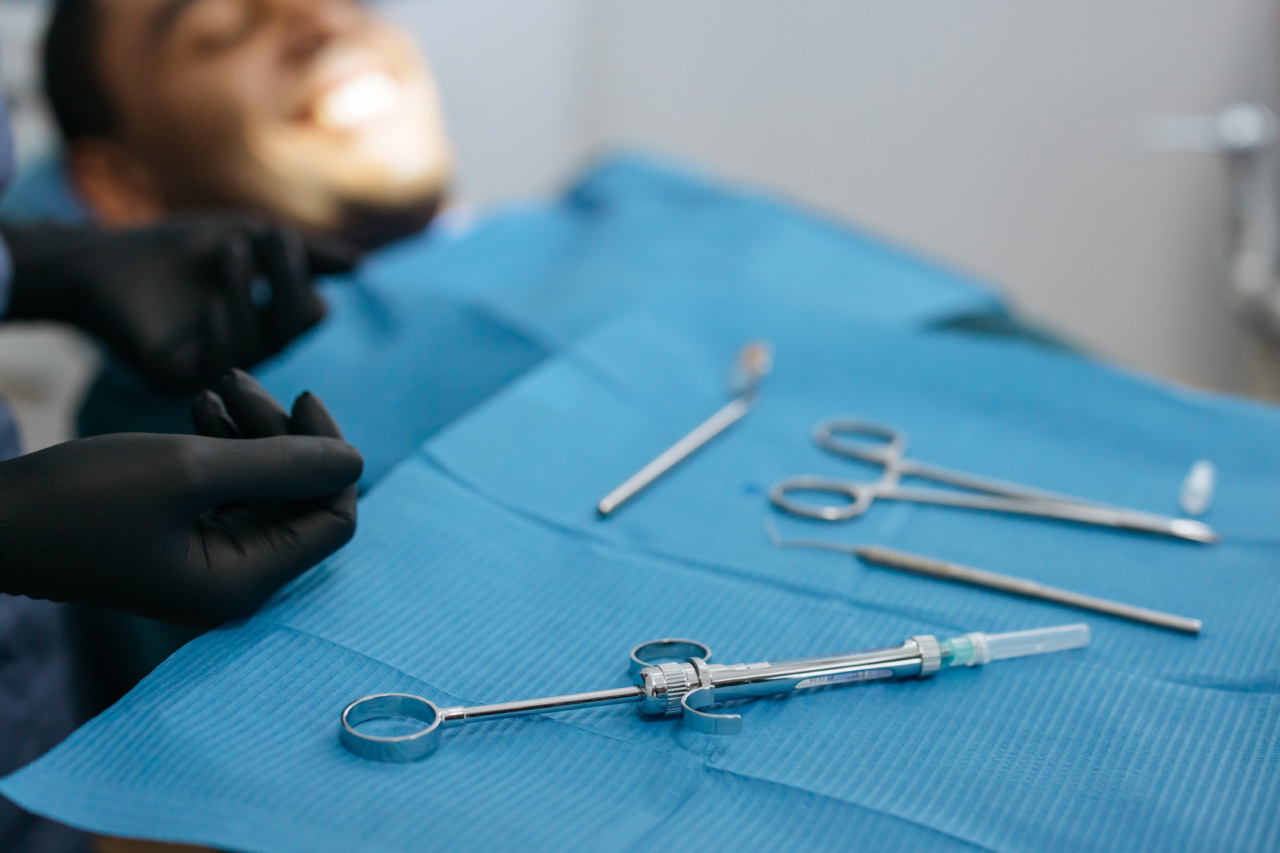As the world’s population ages, the prevalence of dementia is increasing. Dementia is a general term that describes a decline in cognitive function, including memory loss and difficulty with language, reasoning, and complex motor tasks.
The most common type of dementia is Alzheimer’s disease, but there are others, including frontotemporal dementia, vascular dementia, and Lewy body dementia.
What is anesthesia?
Anesthesia is a medical treatment that induces a temporary loss of consciousness or awareness.
It is commonly used to block pain during medical procedures, but it can also be used to induce a state of unconsciousness for other reasons, such as major surgery. Anesthesia is administered by an anesthesiologist, who monitors the patient’s vital signs and adjusts the dosage of medications as needed.
What is the link between anesthesia and dementia?
There has been a growing concern among healthcare professionals and patients about the potential link between anesthesia and dementia. Many studies have suggested that undergoing anesthesia may increase the risk of developing dementia later in life.
However, the evidence is not conclusive, and there is still much debate about this issue.
What are the theories behind the link?
One theory is that anesthesia may cause inflammation in the brain, which has been linked to the development of Alzheimer’s disease.
Another theory is that anesthesia may cause a decrease in blood flow to the brain, which can lead to damage to brain cells. There is also some evidence to suggest that anesthesia may interact with proteins in the brain that are involved in the development of Alzheimer’s disease, although the exact mechanism is not well understood.
What do the studies say?
Several studies have investigated the link between anesthesia and dementia, but the results have been mixed. Some studies have found a significant correlation between the two, while others have not.
One study published in the journal Anesthesiology in 2014 found that patients who had undergone anesthesia within the previous year had a 35% increased risk of developing dementia, compared to those who had not received anesthesia. However, a larger study published in the same journal in 2016 found no significant correlation between anesthesia and dementia.
What are the factors that may influence the correlation?
Some factors that may influence the correlation between anesthesia and dementia include the type of anesthesia used, the patient’s age and health status, the duration and frequency of anesthesia exposure, and the presence of other risk factors for dementia, such as genetics, lifestyle, and medical history. For example, older patients and those with preexisting cognitive impairment may be more vulnerable to the effects of anesthesia.
What are the recommendations for patients?
Currently, there are no specific recommendations for patients regarding the potential link between anesthesia and dementia.
However, patients who are concerned about this issue may want to discuss it with their healthcare providers before undergoing anesthesia. The decision to undergo anesthesia should be made on a case-by-case basis, taking into account the medical necessity of the procedure, the patient’s overall health, and the potential risks and benefits.
What are the future directions for research?
More research is needed to better understand the link between anesthesia and dementia, including the underlying mechanisms, the risk factors, and the potential preventive measures.
Some ongoing studies are exploring the use of alternative anesthesia techniques that may have fewer negative effects on the brain, as well as the use of medications and lifestyle changes to reduce the risk of dementia.
Conclusion
In conclusion, the link between anesthesia and dementia is still an open question that requires further investigation.
While some studies have suggested a correlation between the two, the evidence is not conclusive, and there may be other factors at play. Patients who are concerned about this issue should talk to their doctors before undergoing anesthesia, but should not avoid necessary medical procedures out of fear of developing dementia.
With ongoing research, we may one day have a better understanding of the relationship between anesthesia and dementia, and how to minimize any potential risks.






























